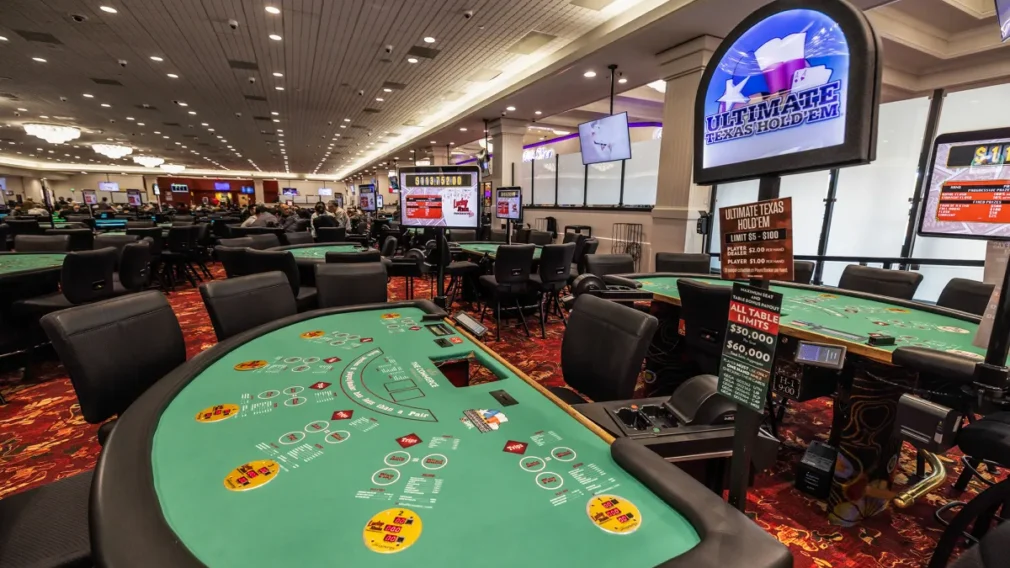Federal Law Blocks Tribal Cardroom Lawsuit
A Sacramento County Superior Court judge dismissed a lawsuit brought by tribal casino operators against California cardrooms on Friday. Judge Lauri A. Damrell ruled that federal law preempts the tribes’ claim, meaning the case cannot proceed.

The decision is a setback for the tribes and voids a recent state law intended to grant them legal standing. Tribes’ counsel immediately announced plans to appeal the ruling.
Preemption Ruling Cites Federal Gaming Act
The court’s key finding centered on the Indian Gaming Regulatory Act (IGRA), a federal statute. Judge Damrell held that IGRA overrides a state law, Senate Bill 549 (SB 549), which Governor Gavin Newsom signed to allow the tribes to file this specific suit.
The cardrooms had argued the tribes already had a defined federal process, through negotiating their gaming compacts, to challenge cardroom practices. Damrell accepted her initial tentative ruling, siding with the cardrooms’ preemption argument.
The judge acknowledged the deep history of the dispute. “The court recognizes the genuine desire… to reach the merits and achieve a final resolution,” Damrell wrote in her ruling.
However, she concluded she was “bound by the limits of federal law,” preventing the court from deciding the merits of the case.
Tribal lead attorney Adam Lauridsen countered that federal law applies only to tribal gaming, not off-reservation cardrooms. Still, the judge found the conflict sufficient to trigger preemption.
Cardrooms’ Banking System at Issue
The core conflict stems from a decades-old dispute over banked games. In a banked game, players bet against the casino, or “the house.” Prop. 1A, a 2000 ballot measure, granted tribal casinos the exclusive right to offer these banked games in California. Cardrooms, which predate tribal casinos, historically offered non-banked poker where players bet only against each other.
To offer games like Blackjack and Baccarat, cardrooms developed a Third-Party Proposition Player (TPPP) system. Under state-approved rules, TPPPs, licensed entities separate from the cardroom, repeatedly offer to take the “bank” role.
This method allows cardrooms to host games that operate like banked games without technically being the house. The tribes contend this TPPP system violates state law and undercuts their exclusivity.
Appeal and Political Context
Tribal gaming interests view the cardrooms’ TPPP practices as illegal and filed their lawsuit in January, days after SB 549 took effect. The tribes’ lawsuit claimed cardrooms “brazenly profit from illegal gambling,” reducing tribal revenues.
James Siva, chairperson of the California Nations Indian Gaming Assn., criticized the dismissal, stating the court “has sidestepped the actual merits of the case.”
The financial stakes in the dispute are substantial. Cardrooms contribute a large share of tax revenue to local municipalities. San Jose City Councilmember Sergio Jimenez noted the city receives $30 million yearly from cardrooms, funding essential services like police and fire departments.
Upon the decision, Kyle Kirkland, President of the California Gaming Association, expressed encouragement. “Cardrooms for many decades have proudly operated lawful games with full transparency,” he stated.
Lauridsen confirmed the tribes will appeal the decision to the Third Appellate District Court. Judge Damrell confirmed she anticipated the appeal, saying, “I may be wrong. And I expect there will be an appeal.” Reconsideration of the case is expected to take several months.
Recommended
